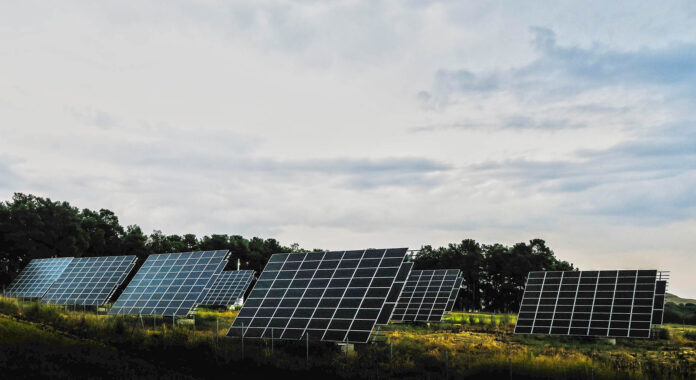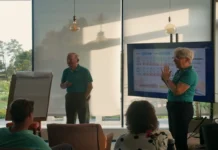
The Sustainable Energy Authority of Ireland (SEAI) this week launched their survey findings into attitudes towards wind and solar energy farms, an initial step to track the impact of projects developed under the government’s Renewable Electricity Support Scheme (RESS).
The objective of the survey is to understand the impacts of these infrastructure projects on people who live in their nearby areas, to inform an equitable and socially sustainable energy transition.
Most people feel like they and their communities can have a say in the planning process. However, many still feel that the planning process is unfair and transparent and that more effort should be made with community engagement and careful siting of projects.
Key findings from the research show that: Most households close to new wind or solar power projects have positive attitudes to the project close to them; Across rural Ireland, general levels of support for wind and solar energy projects remain very high, regardless of whether people live close to new projects or far away; a large majority of the public living in rural areas supports government policies that secure financial benefits for households and communities close to new renewable energy infrastructure projects through ‘Community Benefit Funds’.
Currently, 5 GW of renewable electricity capacity is connected to the national grid with 2022 being a record year for new wind and solar energy connections. At peak time, Ireland requires about 5.5GW of energy and renewables and a significant proportion of that is provided by renewable power. In the first quarter of 2023, for example, 34% of Ireland’s electricity came from wind, and while solar continues to increase, on a sunny day earlier in May, 10% of the country’s energy was produced by solar power.
The national survey of attitudes is an early step in a long-term research programme to understand the socio-economic impacts of the RESS policy. To date, SEAI has commissioned studies to understand the ways in which community engagement in wind energy can be improved through public participation in decision-making, direct investment, co-ownership in projects and by enhancing developers’ practices in establishing community benefits schemes. SEAI are planning further studies on the socio-economic impacts of the government’s RESS policy.
More information on the survey results can be accessed at www.seai.ie








